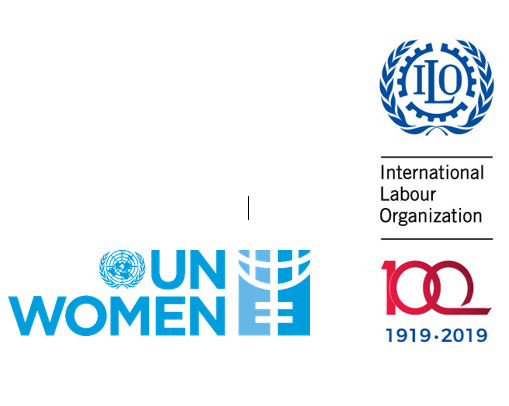Governments are the primary subjects of international law and, therefore, the key actors entrusted with the implementation of international law obligations concerning violence and harassment against women in the world of work. They are also responsible for other regulatory framework obligations on human rights and women’s rights, policies and gender-responsive budgetary commitments to reduce gender inequalities at work. Access to gender-responsive public services and policies,[1] such as fair taxation and social policies, is another area through which governments can enable women to live and work in security and equality.
A further important role of state actors is to ensure the full implementation, monitoring and enforcement of legislation. However, laws alone are insufficient. Governments have a role in promoting societal change and legislation needs to be complemented by comprehensive policies and practical measures that tackle the root causes of violence and harassment through social norms change, including within institutions and in the world of work. Furthermore, workplace actors also need to contribute to making laws relevant and in facilitating their application to the workplace.
[1] For further information and definitions on gender-responsive public services, see Chapter 6 of this Handbook.
